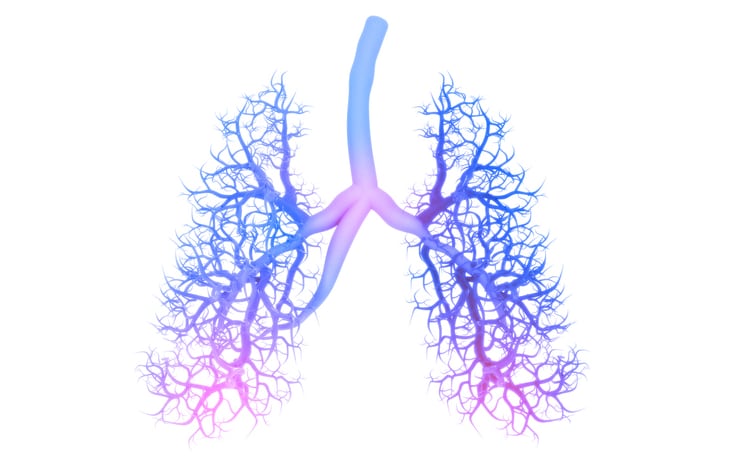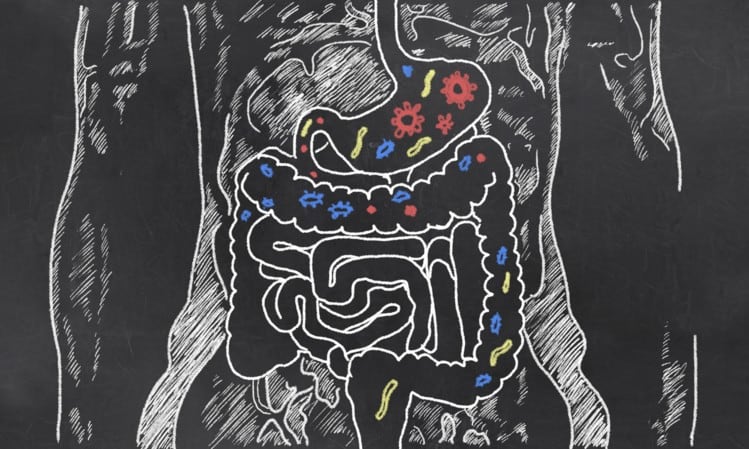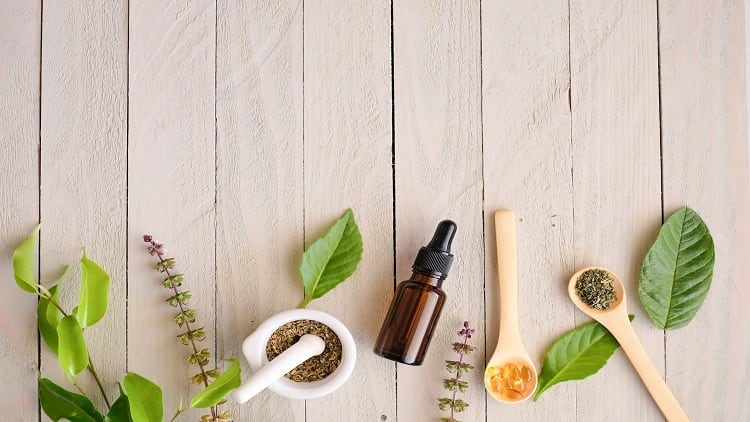The study, an open-label, simple, randomised controlled trial, was conducted at the Naval Pohang Hospital from May 2016 to January 2017.
A total of 80 men with an average age of 20 ± 1.1 were involved in the study. All were diagnosed with pneumonia and more than half had a smoking history.
Findings of the trial were published in Scientific Reports.
During the trial, the probiotic group took a product named Medilac-DS enteric-coated capsules produced by Hanmi Pharma.
The probiotic contains a total of one billion live B. subtilis and Streptococcus faecium strains at a ratio of 1:9.
They took a capsule three times per day, along with intravenous or antibiotics as part of the treatment for 14 ± 4 days.
They were then observed and follow-up for two more weeks.
Shorter fever duration
A key finding was that the probiotic group suffered a shorter duration of fever.
The mean fever duration in the probiotic group was 2.3 ± 0.7 days, while that of the control group was 3.3 ± 1.3 days, a significant difference where the p-value is 0.003.
“Fever is an important clinical parameter, probably caused by an underlying inflammatory condition, and normalization of body temperature is one of the first signs of clinical improvement,” the researchers said.
Less diarrhoea
Another finding was that there were lesser subjects from the probiotics group suffering from diarrhoea or exhibited abnormal stool characteristics.
The percentage of subjects with abnormal stool characteristics was 4.2 percent in the probiotics group, vs 37.9 percent in the control group. This is again, a significant difference between the two groups, with a p value of 0.009.
“A large proportion of participants in our study had abnormal stool habits, which may be due to the infection itself or antibiotics associated.
“However, patients who were administered probiotics showed better stool consistency without abdominal symptoms.
“The percentage of subjects with abnormal stool patterns increased steadily in the control group, while that in the probiotic group decreased slightly, resulting in a statistically significant difference,” the researchers said.
Inflammatory markers
Two weeks into the treatment, all subjects from the probiotic group saw improvements in their level of inflammation.
The level of inflammation was determined by the serum high-sensitivity C-reactive protein (hs-CRP) level.
Findings showed that all in the probiotic groups had normal serum hs-CRP levels two weeks into the treatment, while the figure was only 74.1 percent in the control group.
On the other hand, the probiotics were also found to produce an immune-modulation effect by suppressing the Th17 cell/Treg ratio.
According to a previous study, an increase in the Th17 cell/Treg ratio in patients with acute respiratory distress syndrome (ARDS) was associated with a poorer prognosis.
“This study demonstrated that probiotic co-administration may elicit an appropriate immune response to clear pathogens and reduce inflammation and tissue damage,” the researchers concluded.
Source: Scientific Reports
Addition of probiotics to antibiotics improves the clinical course of pneumonia in young people without comorbidities: a randomized controlled trial
DOI: 10.1038/s41598-020-79630-2
Authors: Seung Ok Lee, et al





